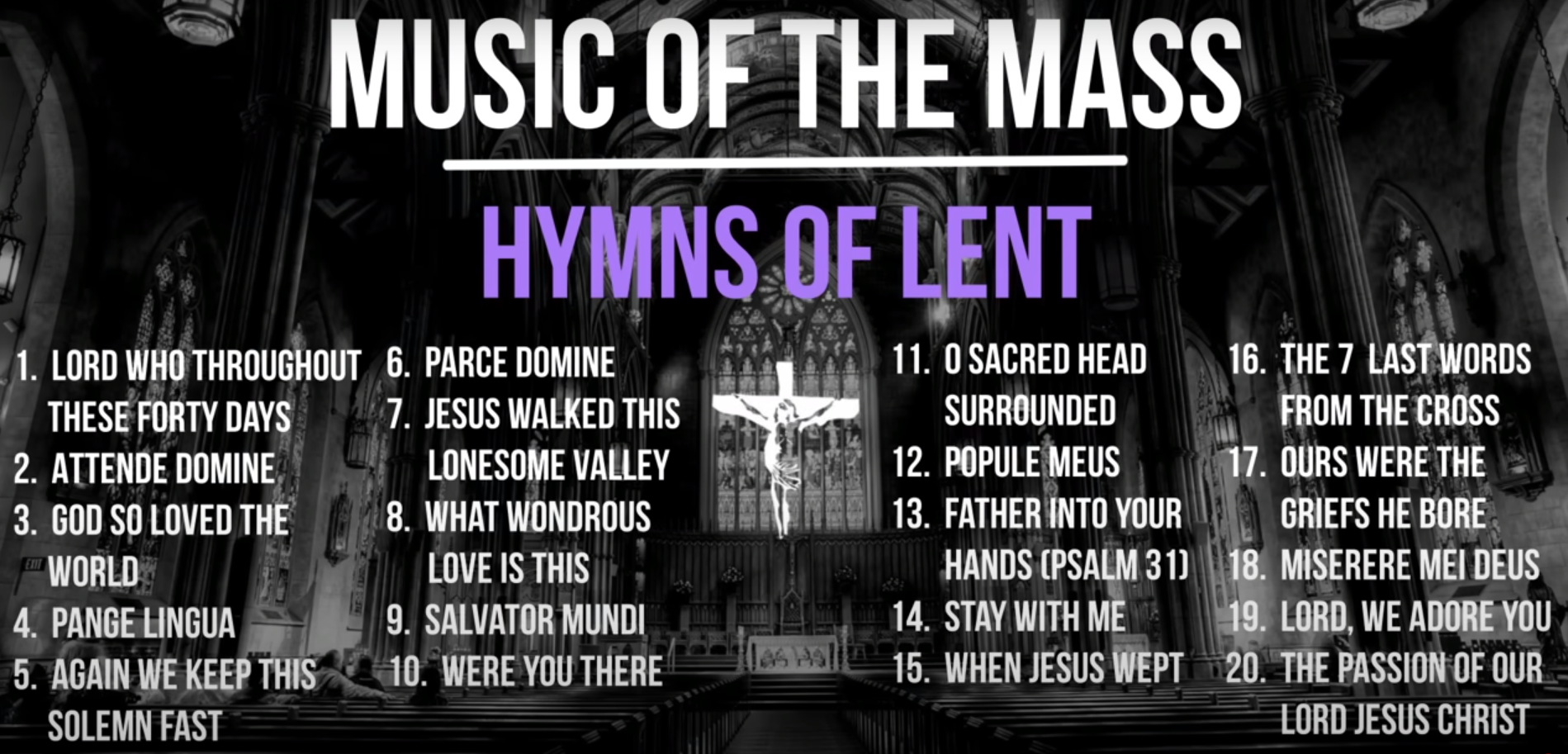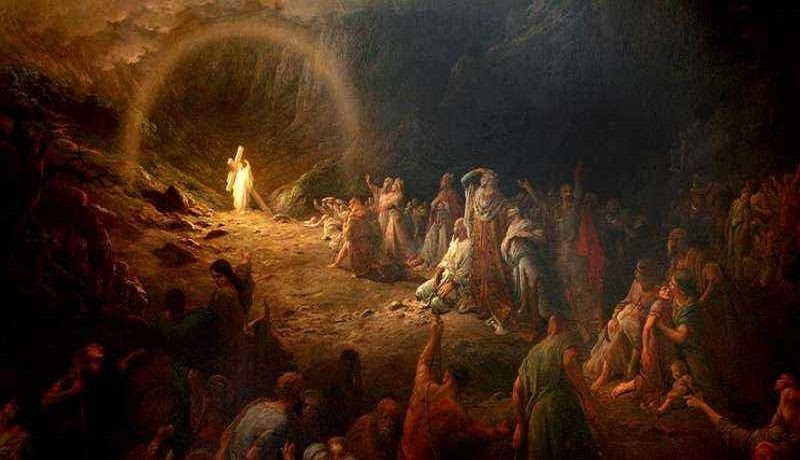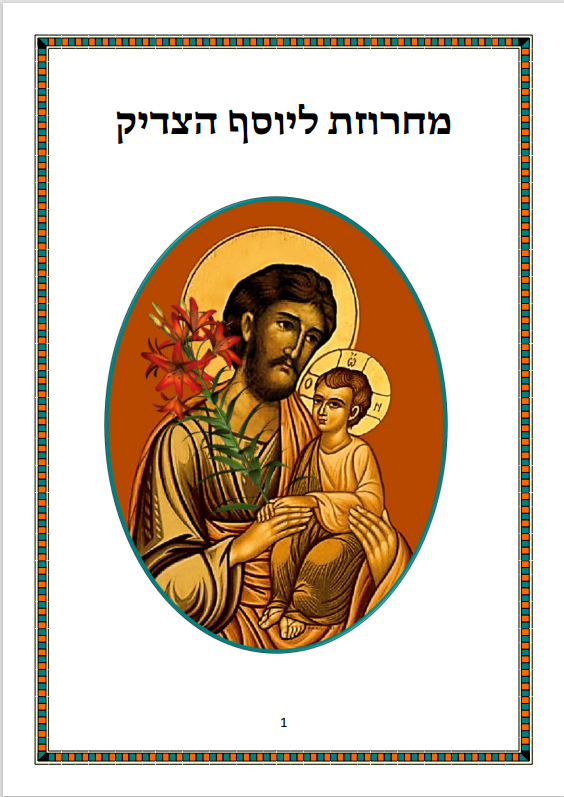Reading from Bishop Faustus of Riez about the miracle in Cana
Dima, from the kehillot, translated into Hebrew the reading for the Saturday after the Feast of the Epiphany, a reading about the miracle in Cana of Galilee, commemorated on the Sunday after the Feast of the Baptism of the Lord.
On the third day there was a wedding. What wedding can this be but the joyful marriage of man’s salvation, a marriage celebrated by confessing the Trinity or by faith in the resurrection. That is why the marriage took place "on the third day," a reference to the sacred mysteries which this number symbolizes.
Hence, too, we read elsewhere in the Gospel that the return of the younger son, that is, the conversion of the pagans, is marked by song and music and wedding garments.
Like a bridegroom coming from his marriage chamber our God descended to earth in his incarnation, in order to be united to his Church which was to be formed of the pagan nations. To her he gave a pledge and a dowry: a pledge when God was united to man; a dowry when he was sacrificed for man’s salvation. The pledge is our present redemption; the dowry, eternal life.
To those who see only with the outward eye, all these events at Cana are strange and wonderful; to those who understand, they are also signs. For, if we look closely, the very water tells us of our rebirth in baptism. One thing is turned into another from within, and in a hidden way a lesser creature is changed into a greater. All this points to the hidden reality of our second birth. There water was suddenly changed; later it will cause a change in man.
By Christ’s action in Galilee, then, wine is made, that is, the law withdraws and grace takes its place; the shadows fade and truth becomes present; fleshly realities are coupled with spiritual, and the old covenant with its outward discipline is transformed into the new. For, as the Apostle says: The old order has passed away; now all is new! The water in the jars is not less than it was before, but now begins to be what it had not been; so too the law is not destroyed by Christ’s coming, but is made better than it was.
When the wine fails, new wine is served: the wine of the old covenant was good, but the wine of the new is better. The old covenant is exhausted by its letter; the new covenant has the savor of life and is filled with grace.
Thy good wine, that is, good precepts, refers to the law; thus we read: You shall love your neighbor but hate your enemy. But the Gospel is a better and a stronger wine: My command to you is: love your enemies, pray for your persecutors.
Bishop Faustus of Riez, Sermon 5, on Epiphany 2












 Reading for Palm Sunday
Reading for Palm Sunday Traditional Catholic Hymns for the Lent
Traditional Catholic Hymns for the Lent Antiphons For the Days Before Christmas
Antiphons For the Days Before Christmas Independence Day – a prayer
Independence Day – a prayer Eastern Tradition: Jesus Prayer
Eastern Tradition: Jesus Prayer Ancient homily for Holy Saturday
Ancient homily for Holy Saturday St. Joseph Chaplet
St. Joseph Chaplet